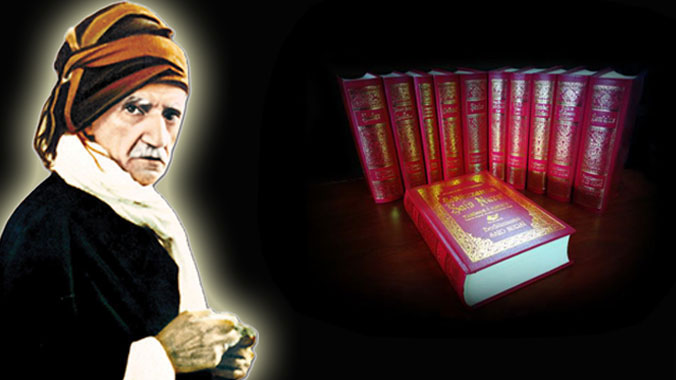[There having been a brief discussion of 'the marks of Islam' at the end of the First Section, the most brilliant and splendid of the marks, Ramadan the Noble, is discussed in this Second Section. This Section consists of Nine Points, which explain nine of the numerous instances of wisdom in the month of Ramadan.]
In the Name of God, the Merciful, the Compassionate.
It was the month of Ramadan in which the Qur'an was bestowed from on high as a guidance unto man and a self-evident proof of that guidance, and as the standard to discern true from false.1
FIRST POINT
The fast of Ramadan is one of the five pillars of Islam, and it is one of the greatest of the marks and observances of Islam.

There are many purposes and instances of wisdom in the fast of Ramadan which look to both God Almighty's dominicality, and to man's social life, his personal life and the training of his instinctual soul, and to his gratitude for Divine bounties. One of the many instances of wisdom in fasting from the point of view of God Almighty's dominicality is as follows:
God Almighty created the face of the earth in the form of a table laden with bounties, and arranged on the table every sort of bounty in a form of From whence he does not expect,2 in this way stating the perfection of His dominicality and His mercifulness and compassionateness.

Human beings are unable to discern clearly the reality of this situation while in the sphere of causes, under the veil of heedlessness, and they sometimes forget it. However, during the month of Ramadan, the people of belief suddenly become like a well drawn-up army. As sunset approaches, they display a worshipful attitude as though, having been invited to the Pre-Eternal Monarch's banquet, they are awaiting the command of "Fall to and help yourselves!" They are responding to that compassionate, illustrious, and universal mercy with comprehensive, exalted, and orderly worship. Do you think those who do not participate in such elevated worship and noble bounties are worthy to be called human beings?
Bediuzzaman Said Nursi / Risale-i Nur Collection / The Letters
1. Qur'an, 2: 185.
2. Qur'an, 65:3.